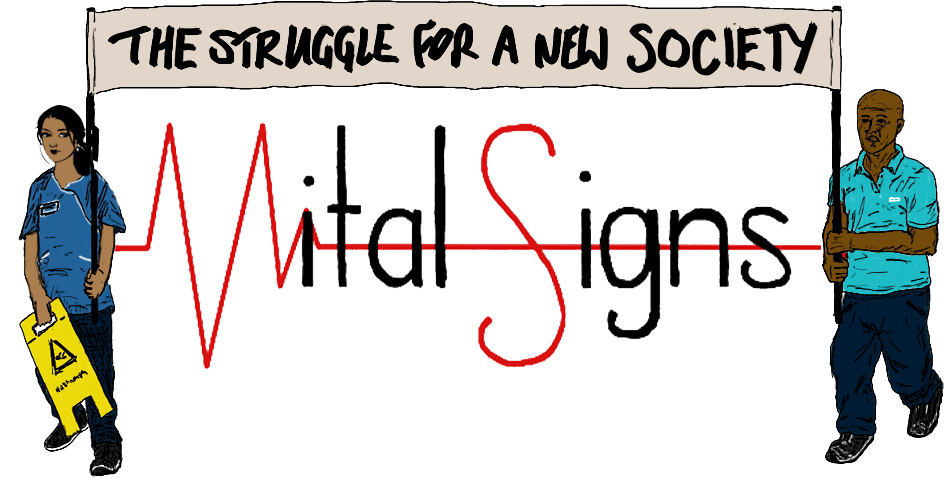UNISON Scotland recommended their members in the NHS to accept a 4% pay offer of the Scottish government. This is a stab in the back.
- First of all the recommendation plays into the hands of a divide-and-rule strategy that splits a UK-wide pay campaign of all NHS workers.
- Secondly, with the decision to recommend the offer UNISON lowers the bar for any future pay demands – as they themselves have officially demanded a £2,000 annual pay increase. With 4% they sell themselves cheaply.
- Thirdly, and most importantly, it signals to the government and trust managers that UNISON, as one of the biggest unions in the NHS is willing to sign any odd deal in order to avoid having to take industrial action. This undermines the efforts of all workers.
There are different ways to understand this move by UNISON and there are different practical consequences for us – workers who want a pay campaign led by workers.
Looking at recent examples we have to see that this was not just a mistake. UNISON leaders have made similar sell-out moves before. [1] Current struggles of UNISON members, such as the porters strike at Heartlands trust, are not practically supported by the wider union. But it is not the case that others union leaderships haven’t done similar deals which undermined workers’ power. People might think about the bad track-record of the RCN, but even the upper-hierarchy of Unite the union has sold out workers who took their struggle into their own hands. [2]
We have to build our own structures on the hospital level, e.g. assemblies or committees in which all workers can participate on an equal level – disregarding profession or union membership. These assemblies should make the decision about how to lead the pay dispute, not some paid officials in some offices elsewhere. We have to form a wider coordination of these hospital-based structures beyond the trust level. If the unions support us, great – if not, we have to go it alone. This seems difficult, but workers have shown, even before the invention of the internet and mobile phones that it is possible to coordinate on a wider level. [3]
Our health workers’ network is not an alternative organisation to join. It is a network of workers who want to support that we, as health workers ourselves, have the control over our struggle.




